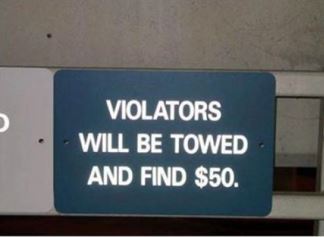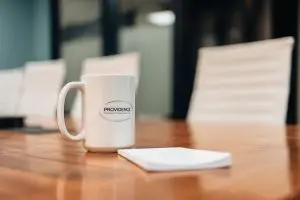Strive to Be a Wordsmith Wonder Woman (or Man)
Because Words Matter
(And they may cost you)
Last month we gleaned some very useful writing tips from one of the industry’s best – Mr. Pete Codella – and we want to share!
 Have you ever heard the phrase, “Less is more”? It means that a minimalist approach to many things proves more effective, and this could not be more true for the art of writing. Many people think that filling space with an exuberant amount of information and unnecessary jargon produces more confidence in their readers’ judgements. However, as New Yorker Journalist Malcom Gladwell once stated, all it does is give the illusion of certainty, while making us as writers more prone to mistakes. Our advice to you is this: simplify your writing and eliminate the unnecessary. No one wants to weed through your writing like they must do standing in the canned food aisle of a grocery store. Start strong, grab your reader’s attention and get to the point.
Have you ever heard the phrase, “Less is more”? It means that a minimalist approach to many things proves more effective, and this could not be more true for the art of writing. Many people think that filling space with an exuberant amount of information and unnecessary jargon produces more confidence in their readers’ judgements. However, as New Yorker Journalist Malcom Gladwell once stated, all it does is give the illusion of certainty, while making us as writers more prone to mistakes. Our advice to you is this: simplify your writing and eliminate the unnecessary. No one wants to weed through your writing like they must do standing in the canned food aisle of a grocery store. Start strong, grab your reader’s attention and get to the point.
Of primary importance is your topic. It’s crucial that you do it justice and provide reliable information that helps your reader have a firm understanding of the subject and intent of your writing. Think about stating your key point at or near the top and then show your reader how you prove it. Ask yourself, “Why should others read what I write?” and lead with the benefit.
Weakness is not something we think about being communicated through writing, but we’re here to prove otherwise! Pete Codella calls these “Weasel Words”, and they’re words such as “generally”, “most”, “could”, “hope”, “perhaps”. Codella states that they sound weak and equivocal; strengthen your sentence by using words such as “can” or “will”! For example, one might write, “Perhaps Julie may go to the store for donuts today.” A stronger, more confident structure of this sentence would read, “Julie will go to the store for donuts today!”.
Another tip for strengthening your writing is to avoid nominalizations. What on earth IS a nominalization you may ask? Any time a verb is turned into a noun by adding “tion”, a nominalization is created. A few negative effects of nominalizations are that they work against your goal to keep your writing concise, they often make sentences difficult to understand and they increase the noun-to-verb ratio. Below are a couple examples:
With nominalization: “This example provides an illustration of the problems with nominalizations.”
With verb: “This example illustrates problems with nominalizations.”
With nominalization: “Julie’s observation of the early morning meeting was that there just wasn’t enough coffee.”
With verb: “Julie observed that there just wasn’t enough coffee at the early morning meeting.”
Lastly, it’s probably safe to assume that we are all familiar with unnecessary, unwanted jargon in writing. It often makes us feel stupid and out of the loop. It doesn’t typically make the writer sound sophisticated, it just leaves the reader confused. Consider the below examples…
“As the digital transformation revolution reaches maturity, companies have the opportunity to shift business models within their industry disruptively to create new sources of defensible competitive advantage.”
Let’s think about this for a minute. How can this sentence be put more simply and clearly?
Oh yes: “New technology creates new ways to do business.”
Jargon? Avoid it. Unless, of course, you’re writing a contract.
In the words of Franklin D. Roosevelt,
“Be sincere; be brief; be seated.”




